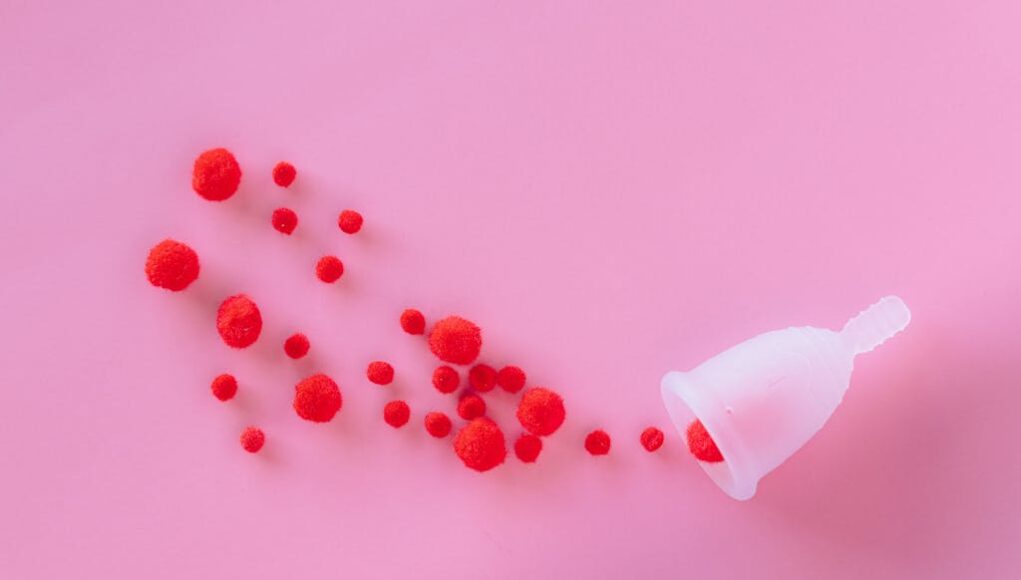Menstrual health is a topic surrounded by many myths and misconceptions. These misunderstandings can lead to unnecessary fear, confusion, and stigma. Let’s debunk some of the most common misconceptions about menstrual health.
Periods Should Always Be Regular
One common belief is that periods should always come at the same time each month. However, menstrual cycles can vary greatly from person to person and even from month to month. A typical menstrual cycle lasts between 21 and 35 days, and it’s normal for it to change due to factors like stress, diet, or exercise. If your periods are irregular but within this range, it’s usually nothing to worry about.
You Can’t Get Pregnant During Your Period
Some people think that it’s impossible to get pregnant during their period. While the chances are lower, it is still possible. Sperm can survive in the body for up to five days, and if you have a shorter cycle, you could ovulate soon after your period ends. This means that if you have unprotected sex during your period, there’s still a chance of pregnancy.
Menstrual Blood is Dirty
A common myth is that menstrual blood is dirty or impure. In reality, menstrual blood is simply the shedding of the uterine lining, which is a natural and healthy part of the menstrual cycle. It is not harmful or unclean, and there is no reason to feel ashamed or embarrassed about it. Menstruation is a normal bodily function, just like breathing or eating.
You Shouldn’t Exercise During Your Period
Many people believe that exercise during menstruation can be harmful or that it should be avoided. However, exercise can actually help alleviate some menstrual symptoms, such as cramps and bloating. Physical activity releases endorphins, which are natural pain relievers. As long as you feel comfortable, there is no reason to skip your workout during your period.
Tampons Can Get Lost Inside Your Body
There is a common fear that tampons can get lost inside the body. However, this is not possible. The opening of the cervix, which connects the vagina to the uterus, is too small for a tampon to pass through. If a tampon feels stuck, it’s usually because the string has been tucked away. In such cases, you can usually retrieve it by relaxing and gently pulling on the string. If you have any trouble, a healthcare provider can help.
Understanding the facts about menstrual health can help dispel the myths that often cause unnecessary worry and stigma. Menstruation is a natural and healthy part of life, and it’s important to approach it with accurate information. If you have concerns about your menstrual health, don’t hesitate to seek advice from a healthcare professional.






